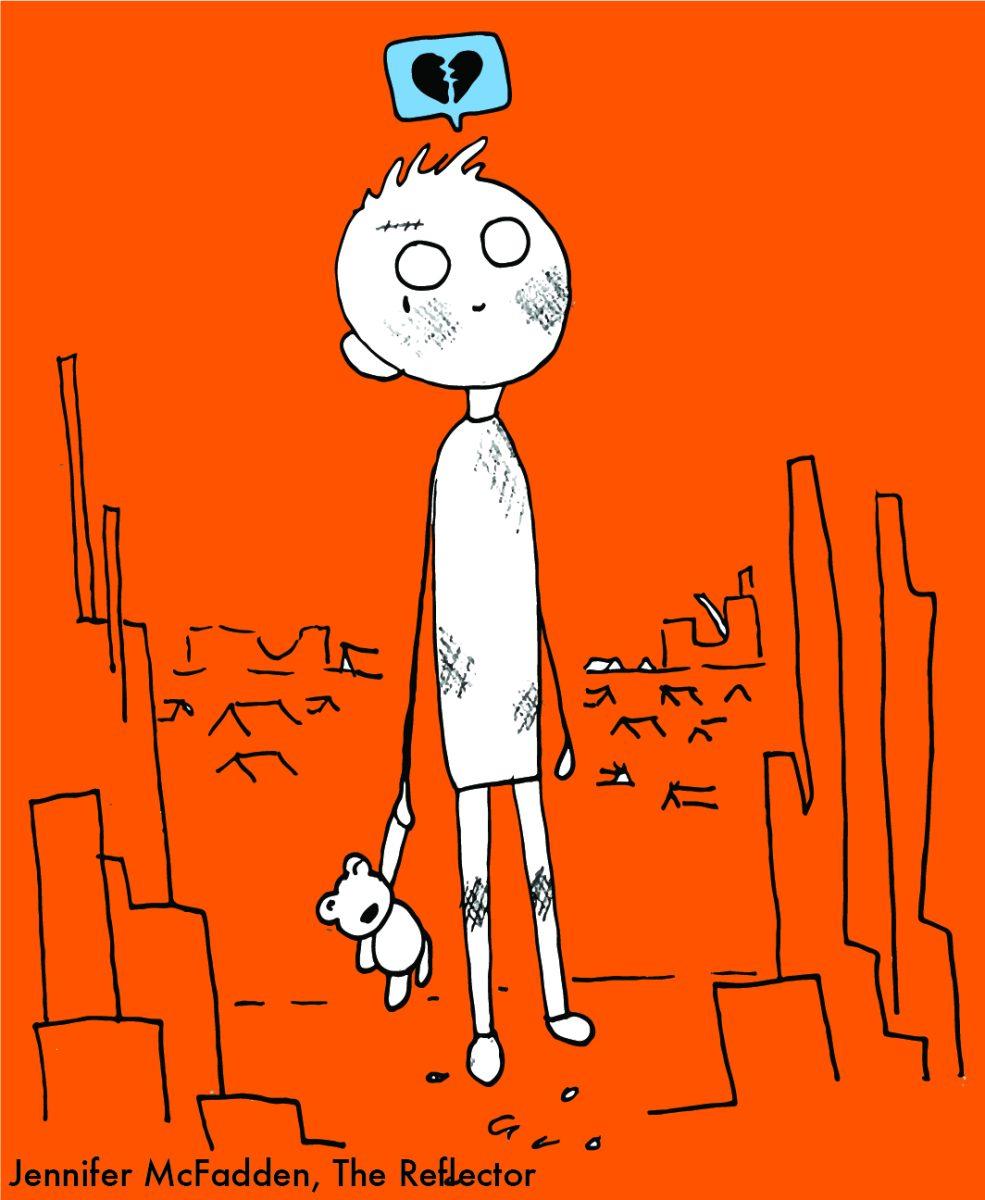Two seemingly unrelated things are humanitarian issues and the world of social media, but in the past few years, social media has become an outlet of help and hope for those in need.
The world of social media is vast and continually growing. The first social media website was started in 1997, and unbeknownst to the people using it then, it has now grown to become an outlet of everyday communication. From personal things like keeping up with friends and family, and sharing your life with them, social media has become a way for the entire world to communicate.
From thousands of miles away, a small group of students at a university in Starkville are reaching out to those affected by crises in Syria, Iraq and countries hosting refugees. These students involved with No Lost Generation at MSU are using the platform of social media to virtually help those who they cannot physically touch.
Laura Herring, Mississippi State University senior management major, interned for a women’s clinic in Italy for immigrants and their children in the summer of 2016. Through this, she experienced first-hand the difficulty an immigrant faces in uprooting and relocating their lives.
Most of these immigrants did not have a choice – they were on asylum-seeking status. These women and children did not have the support system they needed, and Herring, along with other workers, helped to provide this.
“It was eye-opening to see the statistics actually embodied by humans, and to see the struggles they face and their children face,” Herring said.
In addition to working with immigrants at the center, Herring taught English as a second language. She soon realized this was her passion, and helping immigrants was what she wanted to do with her life.
After her return to MSU the fall semester following her internship, she looked into the hundreds of student organizations, and soon realized there were none related to immigrants and refugees. After seeing what the Virtual Student Federal Service could do, and knowing the need for an organization of this sort on campus, Herring applied to open a chapter of No Lost Generation, and was accepted.
The No Lost Generation initiative is a “commitment to action.” It provides care for those in the crises in Syria and Iraq, as well as refugee-hosting countries such as Egypt, Jordan, Lebanon and Turkey.
Some of their goals for the 2017 year include: education, child protection and addressing issues with adolescents and youth. This organization gives everyday people the chance to touch individuals they never thought they would be able to reach, mostly through the internet.
At MSU, the No Lost Generation chapter focuses on two main things: raising awareness and raising funds. During the 2017 International Fiesta hosted on campus, they set up a mock-refugee camp to give a visual example to people on what the average refugee living conditions are like.
The organization has a large presence on social media, which plays a large role in its recruiting and advertising. They are active and present on most social platforms, including Facebook, Instagram and Twitter. Katelyn Provine, a sophomore microbiology major and active member of the organization, said she found out about it through GroupMe, a group-messaging app.
Herring said she believes social media is the way students are going to become more involved with things on campus.
“The amount of people we have who come to meetings and say they found out about us through Facebook events and social media is amazing,” Herring said.
They also use social media to relay information and facts. Facts from Save the Children and the United Nations are reposted to their No Lost Generation’s social media pages as a way to inform people on the information they hold. Herring said posting these facts on social media, where people are looking every day, is a great way to integrate these global issues into their lives.
Melanie Loehwing, an instructor at MSU and one of the faculty advisors for the campus organization, said she has two objectives for her role. She said one main goal is to facilitate broader, more informed and more compassionate public conversations involving how to help refugees. Ultimately, this is what the organization hopes to accomplish: informing the public on these humanitarian issues.













